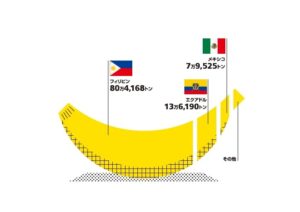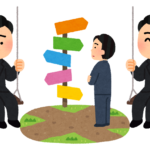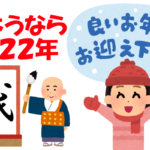
I'm at home most of the time as I'm on paid leave until I retire at the end of September.
On the other hand, my wife works part-time from Tuesday to Friday, so I stay at home.
On days when my wife was off, we would go shopping together at the supermarket, but on days when she was away, I would go shopping by myself.
So I ask my wife about her shopping request, and she says she wants squash on yesterday's shopping list.
Since she had referred to "pumpkin" as "squash" when we had gone shopping together, I replied, "Oh, pumpkin.
The conversation ended there, but I was curious and looked up the word "pumpkin" in American English, which means a yellow-skinned pumpkin.
In American English, pumpkin means a yellow-skinned pumpkin, the kind used for Halloween decorations, and the green-skinned pumpkin in Japan is called squash.
Whenever I heard my wife say squash while grocery shopping, I always assumed that it was squashed or squeezed to make some kind of dish, but that was not the case.
However, in New Zealand and Australia, "pumpkin" is also accepted, so it seems that "pumpkin" is not necessarily wrong.
Filipino English is American English, so I finally understood why my wife used to say squash instead of pumpkin.
There is an interesting song by Masashi Sada called "Pumpkin Pie and Cinnamon Tea", which would be "Squash Pie and Cinnamon Tea" if it didn't use western pumpkin.
In Japan, the word "kobocha=pumpkin" is said to have originated from a vegetable brought over from Cambodia by the Portuguese. So I assumed that pumpkin originated from Cambodia, but in fact, it seems to have come from North and Central America.
The western pumpkin is said to have originated in South America.
From now on, we'll call the pumpkins we usually buy in Japan squash.









